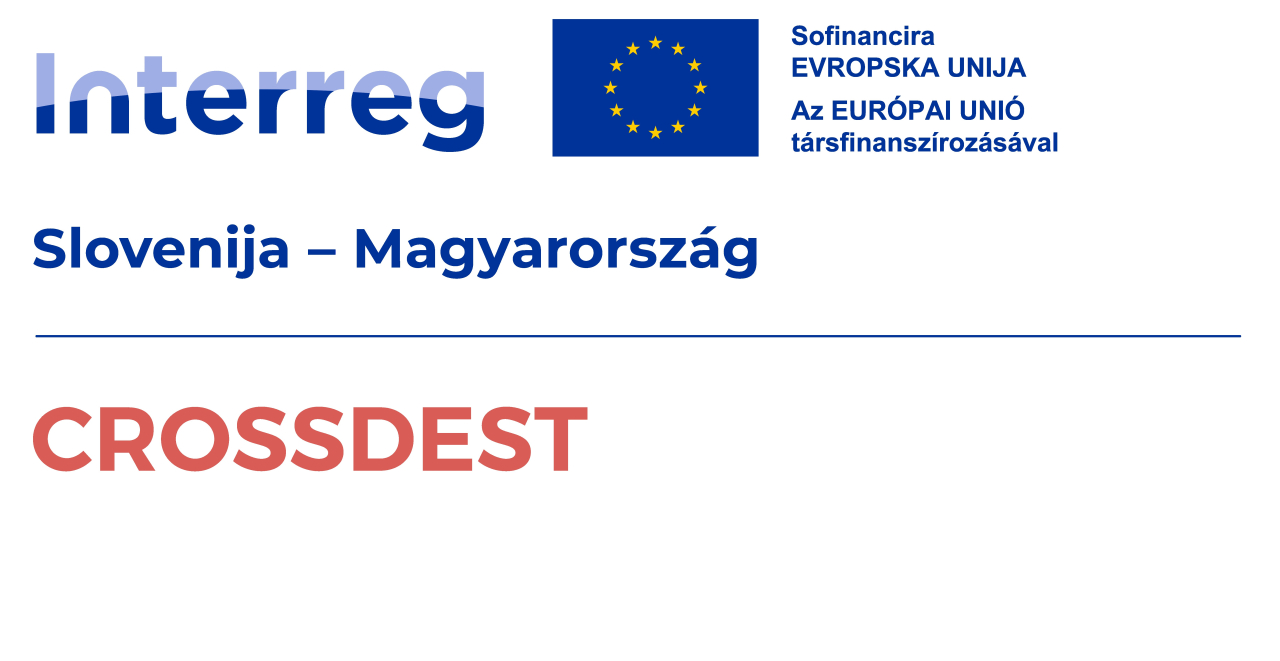

Fighting food waste as a tourist – small choices, big impact
The experience of travelling is closely tied to gastronomy. When exploring a new city, one of the first things we often do is sample the local specialities, enjoy the abundant offerings at a hotel breakfast or on the terrace of a cosy restaurant. But while we indulge in new flavours, it’s easy to order too much or leave half the food on our plates. This seemingly small habit is one of the drivers of global food waste.
The experience of travelling is closely tied to gastronomy. When discovering a new city, one of the first things we often do is taste the local specialities, enjoy the abundant offerings at a hotel breakfast or on the terrace of a cosy restaurant. But while we indulge in new flavours, it’s easy to over-order or leave half the food on our plates. This seemingly small habit is one of the drivers of global food waste.
A fresh breakfast at a seaside hotel, a plentiful buffet spread – these are often the first experiences that come to mind during our travels. However, the delicious bites and rich variety not only bring gastronomic joy but also highlight a serious issue: global food waste. This is why it’s particularly noteworthy that Turkey is now planning a profound reform: the government aims to curb the traditional buffet system with a new gastro-law. In the future, hotels and restaurants may offer more à la carte options, allowing guests to order only what they will actually consume – the goal is clear: to significantly reduce waste. As the summary reveals, in Turkey around 102 kilograms of food per person goes to waste annually, with 12 million loaves of bread thrown away every day. But what can tourists do to combat food waste when they set off on holiday?
Making mindful choices when ordering
As tourists, we are often driven by curiosity: we want to try everything, as who knows when we’ll return to the same place again. Still, it’s worth pausing for a moment to consider how much we can realistically eat. Ordering smaller portions not only helps reduce waste but also gives us the opportunity to try a wider variety of dishes without any food ending up in the bin.

The power of local ingredients
Food is not just about taste; it tells a story. By choosing restaurants that use local ingredients, we indirectly reduce food loss associated with transportation and lower carbon emissions. Additionally, we directly support local farmers, producers, and communities, for whom every purchase contributes to their livelihood and the preservation of traditions.
TIP: In Miskolc, Hotel Palota and Végállomás Bistorant regularly organise gastronomic evenings centred around ingredients from the Bükk forests surrounding the city. Moreover, the local tourism organisation now offers programmes where, during a narrow-gauge train trip, visitors can learn about the forest’s offerings and taste dishes made from these ingredients during a themed dinner.

Taking leftovers home isn’t embarrassing
For a long time, there was a misconception that it’s awkward to ask for leftovers to be packed up. Today, however, in many countries, it’s entirely normal for guests to take home what they couldn’t finish. By embracing this option, we not only prevent waste but also gain another meal, which can remind us of the flavours of our trip the next day.

Seeking sustainable accommodations
More and more hotels and guesthouses are making visible efforts to reduce food waste. These places often offer smaller portions at buffets, digitally measure leftovers, or collaborate with local charities to rescue food. By consciously choosing such accommodations, we send a message with our travels: that we care about hospitality being free from unnecessary waste.

The power of small habits
The fight against food waste doesn’t necessarily involve grand gestures. It’s much more about paying attention to small habits while travelling: not taking more food than we need, appreciating dishes made from local ingredients, and seeing it as natural to save leftovers for later. These simple decisions collectively have a massive impact, as every bite not wasted is a step towards using our planet’s resources more responsibly.

Food waste is not just a moral or economic issue but a global challenge that fundamentally shapes our future. A third of all food produced is never consumed, while millions of people worldwide struggle with hunger. Every stage of waste – from production to transportation to consumption – unnecessarily burdens the environment, depletes drinking water, burns energy, and contributes to greenhouse gas emissions. It’s no coincidence that the UN’s Sustainable Development Goals (SDG 12 – Responsible Consumption and Production) place a strong emphasis on reducing food waste.
In tourism, this issue becomes even more pronounced: hotel buffets, abundant restaurant menus, or fast-food consumption all contribute to vast amounts of food ending up in the bin. This not only strains local community resources but also undermines the credibility of tourism itself. An increasing number of travellers are seeking destinations where sustainability is visibly prioritised – where reducing waste is not an empty promise but a reality backed by measurable results.
Food waste is not just a “problem for future generations”: it already impacts our daily lives – through rising food prices, extreme weather caused by climate change, or even social tensions. This is why it’s crucial for all players in tourism – tourists, service providers, destinations, and policymakers – to act together. I-DEST is not just a measurement system but a community platform that helps turn everyday decisions into global change.
The planned regulation in Turkey clearly shows that government-level measures are essential to curb food waste. However, change cannot be achieved through laws alone: every traveller’s decision, every responsible accommodation and restaurant practice can contribute to ensuring that abundance does not equate to waste. If buffets are increasingly replaced by mindful choices and valued bites, travel can become both an experience and an act of responsibility – a journey towards a more sustainable future for tourism.
More News
All-
4 Mins

Read -
5 Mins

Read -
6 Mins

Read -
5 Mins

Read -
3 Mins

Read -
7 Mins

Read -
7 Mins
Read -
5 Mins
Read -
6 Mins

Read -
6 Mins

Read -
3 Mins

Read -
3 Mins

Read -
10 Mins

Read -
5 Mins

Read -
4 Mins

Read -
5 Mins
Read -
4 Mins

Read -
6 Mins
Read -
7 Mins

Read -
5 Mins

Read -
4 Mins
Read -
4 Mins

Read -
4 Mins

Read -
4 Mins

Read -
6 Mins

Read -
3 Mins

Read -
1 Mins

Read -
2 Mins
Read -
2 Mins

Read -
3 Mins

Read -
3 Mins

Read


